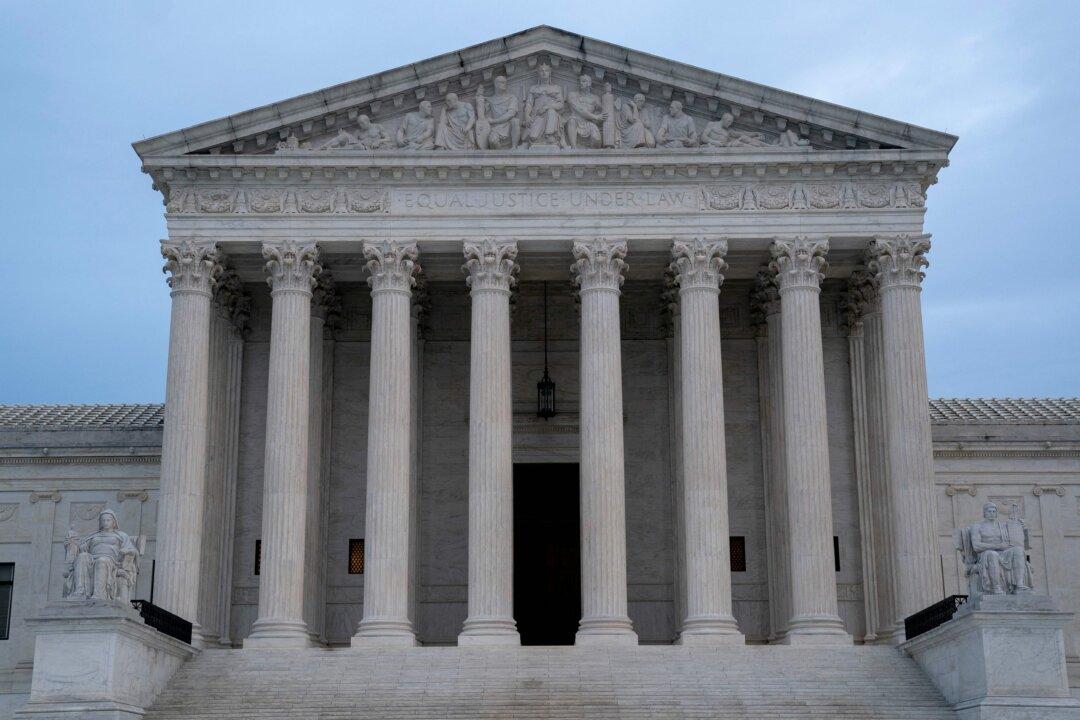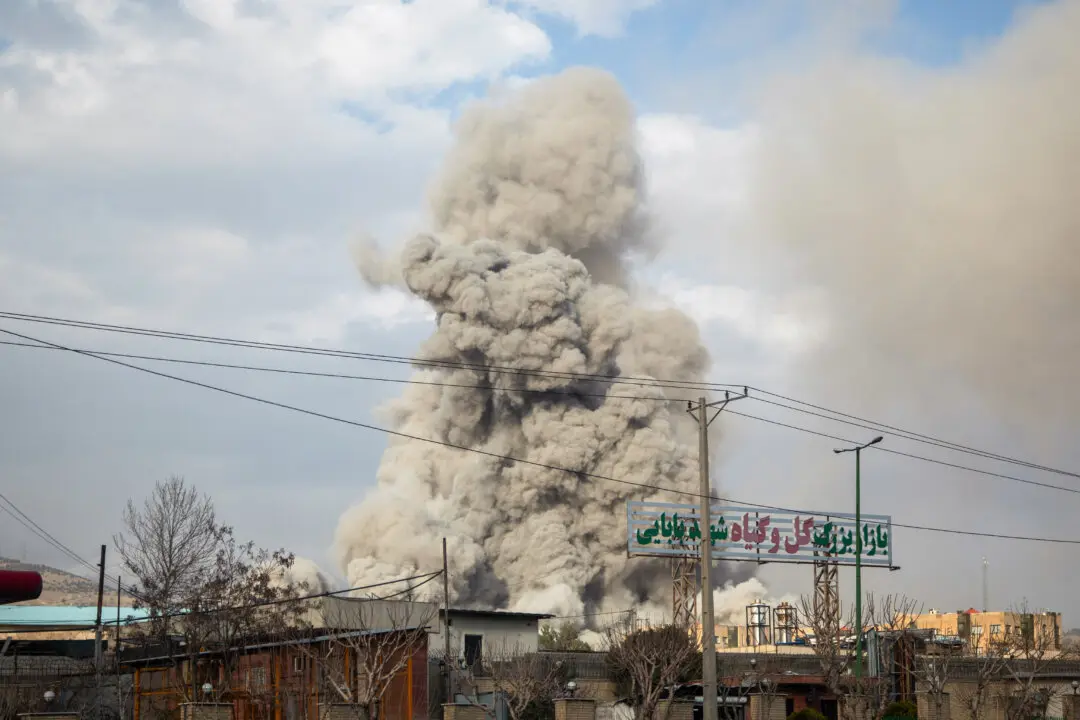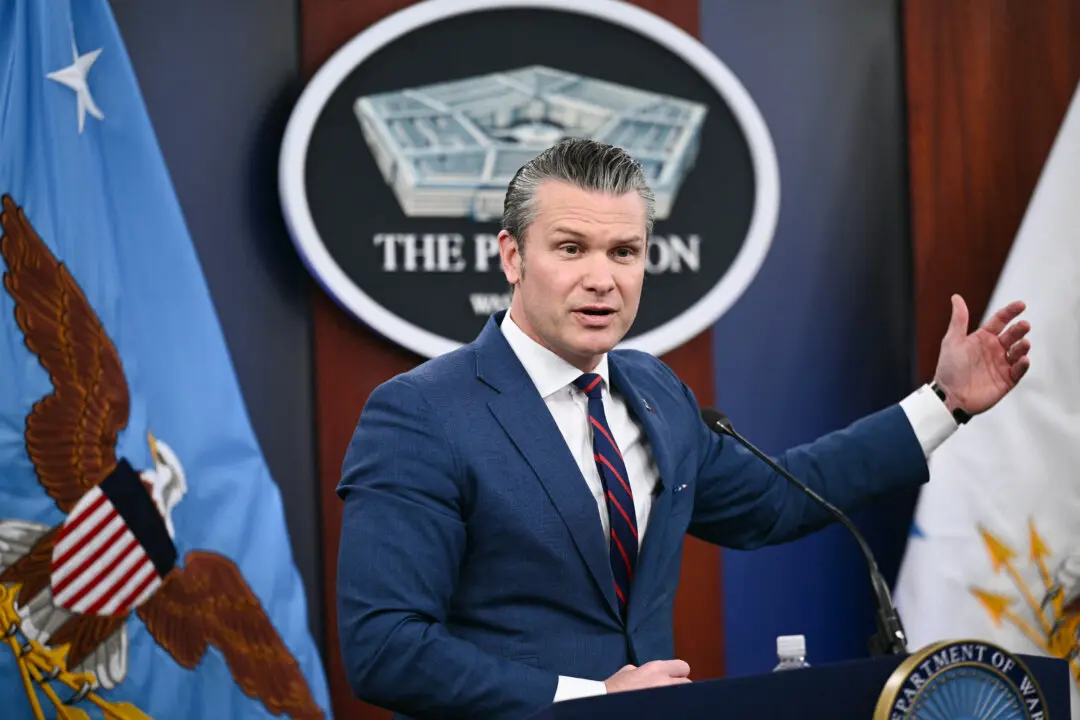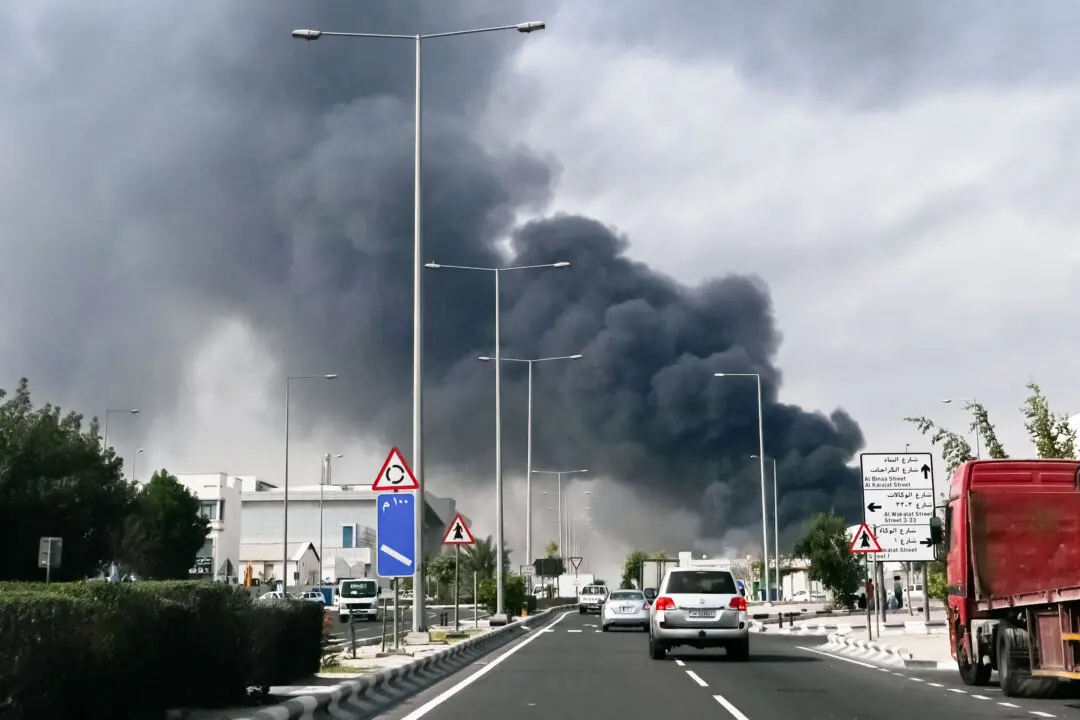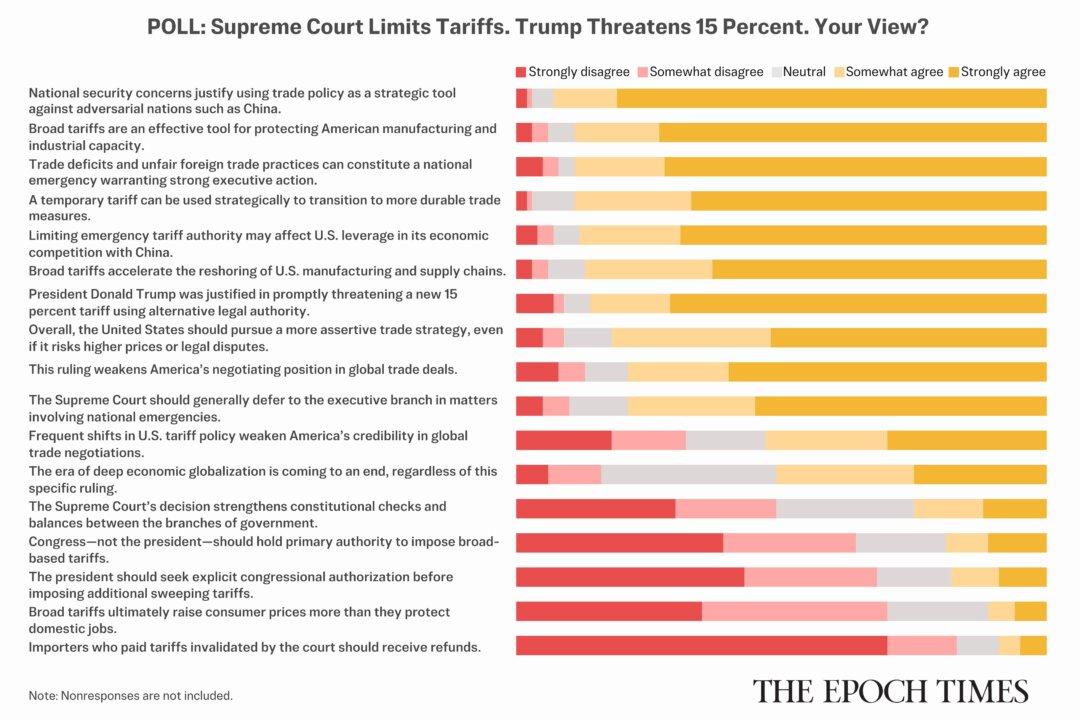Indiana Attorney General Todd Rokita announced on Nov. 29 that his team won a court battle over the state’s contentious law regarding the disposal of aborted fetal tissue.
Rokita called the victory a “win” for the “dignity of life” when his office announced the 7th Circuit U.S. Court of Appeals decision to uphold Indiana’s law requiring medical facilities to bury or cremate fetal remains following abortions.
